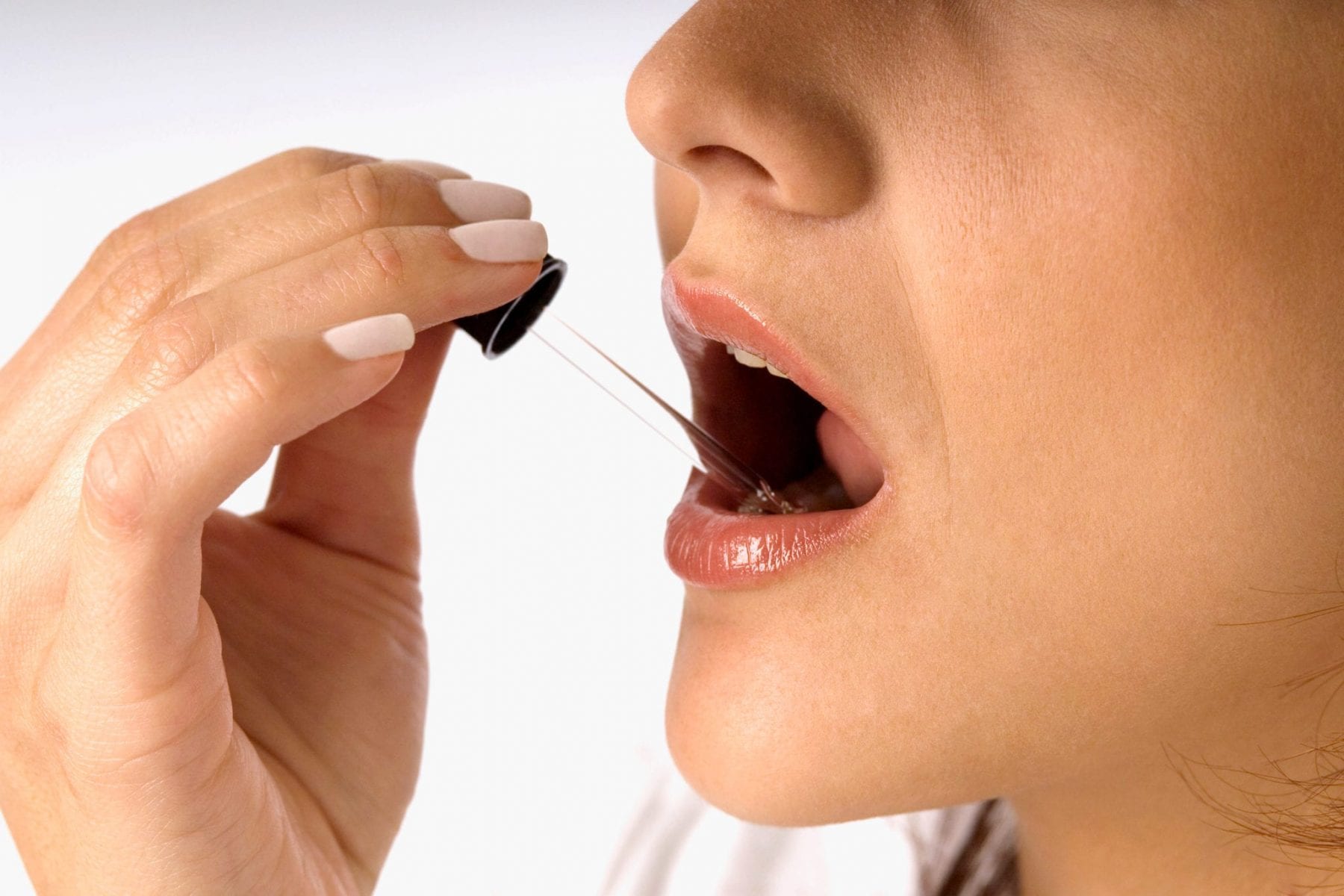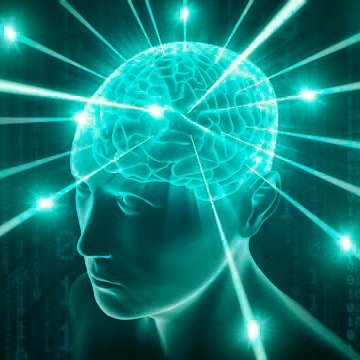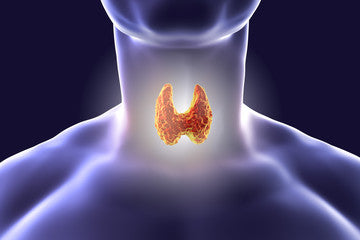Andropause, Man-opause, & How It Relates to Your Testosterone & DHEA
- 7 min reading time
Andropause is the term used to describe the change and drop in hormones men experience as they age. Symptoms can include muscle loss, slowing sex drive, irritability, and drowsiness. These symptoms can be alleviated with the use of testosterone therapy (BHRT). Talk to our compounding pharmacist or an integrative doctor.
There's the old-fashioned idea that hormones are a, “a woman problem.” But most men also experience symptoms of their hormone changes, and as they age, all hormone levels, especially testosterone and DHEA, slowly decline. This is often unlovingly called "man"-opause or male menopause. The reality is that even though it’s a hormonal change, andropause is not the same as menopause for women. However, both hormone imbalances may be treated with bio-identical hormone replacement therapy.
So what is male menopause?
Andropause, or male menopause describes a hormone imbalance in men later in life. As bodies age, critical hormones, such as testosterone, DHEA (dehydroepiandrosterone), and human growth hormone (HGH), slowly decline. DHEA is the steroid hormone that estrogen and testosterone are derived from. For men, DHEA levels peak in adolescence and early adulthood. By his 40’s, DHEA levels are significantly lower. It's estimated that men lose about 1% of testosterone per year after age 30. (1)
Andropause is nicknamed man-opause because many of the symptoms sound similar: fatigue, lower sex drive, weight gain, and mood swings. But the primary difference between menopause and andropause is that women’s hormones drop over the course of a few years, whereas men’s Menopause symptoms for women occur due to the dropping hormone levels (estrogen and progesterone) over three to five years. The drop in men’s hormones, such as testosterone, occurs over the course of a few decades. Bio-identical hormone replacement therapy (BHRT) is a great way for many patients to find relief.
"Do I have andropause?"
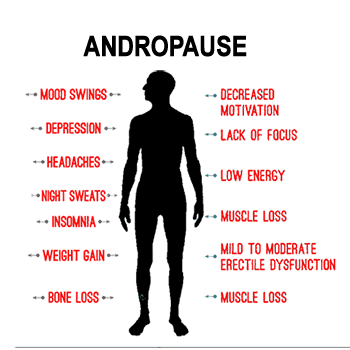
If you suspect you are experiencing andropause (male menopause), you should visit your doctor to get your hormone levels tested. Some compounding pharmacies also have test kits you can do at home, and they’ll forward the results to your doctor. You can test your hormone levels with bloodwork, a saliva test, or dried urine, which is getting more popular with integrative and anti-aging doctors.
Some men notice the signs of low testosterone even without testing. The most common problems we hear from men include the following: (2, 3)
Emotional changes: Testosterone is responsible for contributing to a sense of well-being. As such, low testosterone may have effects on your long term mood. Feeling depressed is also normal, too. With hormone changes, you can feel confident to feeling unsure or unmotivated.
Sexual changes: Perhaps the symptom with the most attention are the changes that occur sexually. Patients experience lower sex drive, perhaps infertility, or erectile dysfunction. While infertility and erectile dysfunction can sometimes be treated without testosterone (such as with sildenafil), integrative physicians prefer to treat the cause, not just the symptom. So if These symptoms can be due to smaller testes after testosterone drops.
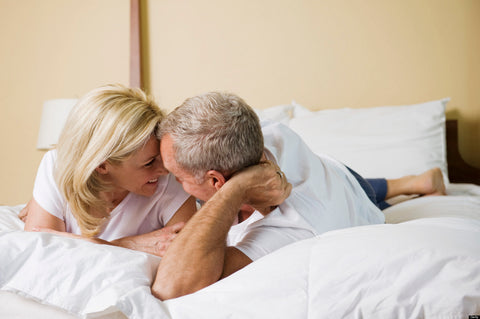
Sleep problems: Because your testosterone levels are relative compared to what they were in their peak and relative to other hormones in your body (such as cortisol, estrogen, progesterone or melatonin), changes in your testosterone levels can affect your sleep cycle in other direction. You might wake up more at night and experience insomnia, or you might be drowsy all day. Significant changes either way signal that your inner-chemistry is changing.
Bodily changes: A quite unpopular symptom is muscle loss, and/or increased body fat. Maybe it’s harder for you to gain muscle, or you might be actively losing muscle density. Testosterone is well-known for increasing muscle mass, so it’s intuitive that dropping testosterone can result in less muscle mass.
Other, less well-known bodily changes could also be less body hair (another secondary sex characteristic associated with testosterone), or even swelling breasts.
Keep in mind that these symptoms can have other underlying causes. That’s what we recommend going to your doctor (especially an integrative or functional physician) to get your hormones (and other levels) tested. Talk to your doctor about your history of depression, other medicines you’re taking, and be honest about your diet and alcohol consumption. All of these can affect your testosterone, and overall sense of well being.
Treating andropause
If you need to replace declining hormone levels, you have both prescription and over-the-counter options.

Bioidentical Hormone Replacement Therapy (BHRT)
Testosterone therapy is a type of BHRT. It replaces your missing hormones with hormones that are identical to the hormones your body creates. (4) The International Society of Sexual Medicine published a study that showed testosterone therapy for men improved bone density, reduced body fat, and elevated depressive symptoms. (5)
Multiple scientific studies have shown that testosterone therapy can improve quality of life. In a placebo-controlled study, men with type-2 diabetes experienced an improvement in erectile dysfunction and increased sexual desire while on testosterone therapy. (6) A year-long study giving topical testosterone, hypogonadistic patients showed great improvement in sexual function. (7)
Most of our patients get testosterone via a topical cream that is applied daily. However, testosterone that is injected once or twice a week is also available.
Odds are, if your testosterone levels are low, you may also have low DHEA levels.
DHEA to Boost Testosterone
DHEA is a precursor to testosterone with anti-aging properties. It's produced in you adrenal gland, and naturally converts into testosterone and other hormones. (8) As such, lower DHEA levels means less testosterone.
DHEA and testosterone work together to preserve youthfulness by building muscle, improving mood and cognition. As DHEA levels decrease with aging, the relationship between testosterone and DHEA become even more important. Low DHEA levels are linked to depression, heart disease, and mortality. (9)
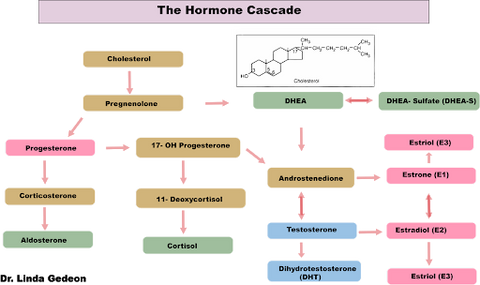
DHEA HORMONE THERAPY BENEFITS
DHEA is available over the counter and as a prescription. If you take testosterone as a topical cream, our pharmacy can add DHEA as your doctor prescribes. DHEA has its own unique benefits, some of which are as follows:
MAY IMPROVE BONE DENSITY
As we age, bones lose their density and weaken. There may be a link between low DHEA and weaker bones. (10) Long-term DHEA supplementation can help improve bone mass.
MAY HELP BURN FAT
DHEA is closely linked to adrenal function. Supplementation can even improve body composition in patients with adrenal dysfunction.(11) A specific metabolite (derivative) of DHEA called 7-keto DHEA in particular is backed by scientific studies to improve body composition better than diet and exercise without 7-keto DHEA supplementation. (12) This makes 7-keto DHEA one of our most popular supplements in the pharmacy. However, and this is a big however, because 7-keto DHEA is a metabolite of DHEA, it does not convert into testosterone and have the same hormonal benefits.
Keep in mind that essentially all of our hormones decline with age. While testosterone and DHEA are two of the most popular treatments, your doctor might choose to prescribe human chorionic gonadatropin (HCG), melatonin, or even zinc and chrysin. DHEA, melatonin, zinc and chyrsin are available without a prescription, but we recommend that you talk to your doctor before starting any of these regimens.
While andropause isn’t exactly man-opause, it does have a scientific reality. Men experience low levels of hormones later in life. Serious health conditions, as well as decreased quality of life can come from this hormonal decline. If you’re experiencing symptoms, we encourage you to reach out to your doctor. If you’re between doctors or your current doctor doesn’t specialize in hormone therapy or isn’t well trained in hormone therapy, visit our physician recommendation page, or give our pharmacy a call. We’re here to help you feel better again.

